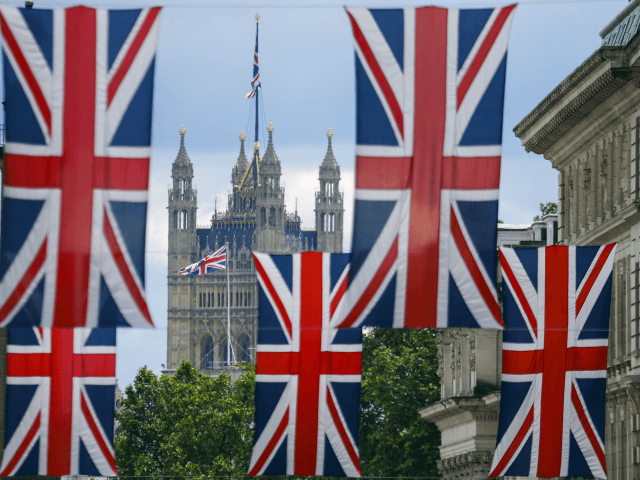Britain may be given a “special status” in its relationship with the European Union (EU) after Brexit, the country’s European Affairs Minister has said.
Michael Roth told a press conference yesterday the UK would be treated differently to other non-EU states due to its size and economic power.
One of the key arguments on the ‘Leave’ campaign was that the remainder of EU would be forced to give Britain special treatment once it had left the political bloc because EU nations export so many goods to the UK.
However, the ‘Remain’ campaign insisted the EU would freeze Britain out of trade as punishment for leaving.
Now, arguing from an economic point of view, Mr Roth has admitted that the EU may have to grant Britain a special status after all.
He called, however, for Britain to begin the formal withdrawal process sooner rather than later.
Reuters reports Mr Roth as saying: “Until the end of the year should really be sufficient time to get organised and adjust to the new situation. We should not let too much time go by.”
“Given Britain’s size, significance and its long membership of the European Union, there will probably be a special status which only bears limited comparison to that of countries that have never belonged to the European Union.”
He added, however: “There cannot be any cherry picking.”
Mr Roth said that two years will be ample time to complete negotiations, with Britain leaving before the next elections to the European Parliament in June 2019.
“We can’t quibble about it. Even if we didn’t want or hope for it, Brexit won and, as it won, there can’t be any British members in the next European Parliament,” he said.
However, he indicated that the EU would try to force Britain to keep free movement of people, despite UK Prime Minister Theresa May saying that Britons sent “a very clear message that they do not want free movement to continue as it has in the past”.
“I can’t imagine [a limit on freedom of movement],” Mr Roth said. “The free movement of workers is a highly prized right in the European Union and we don’t want to wobble on that.”

COMMENTS
Please let us know if you're having issues with commenting.